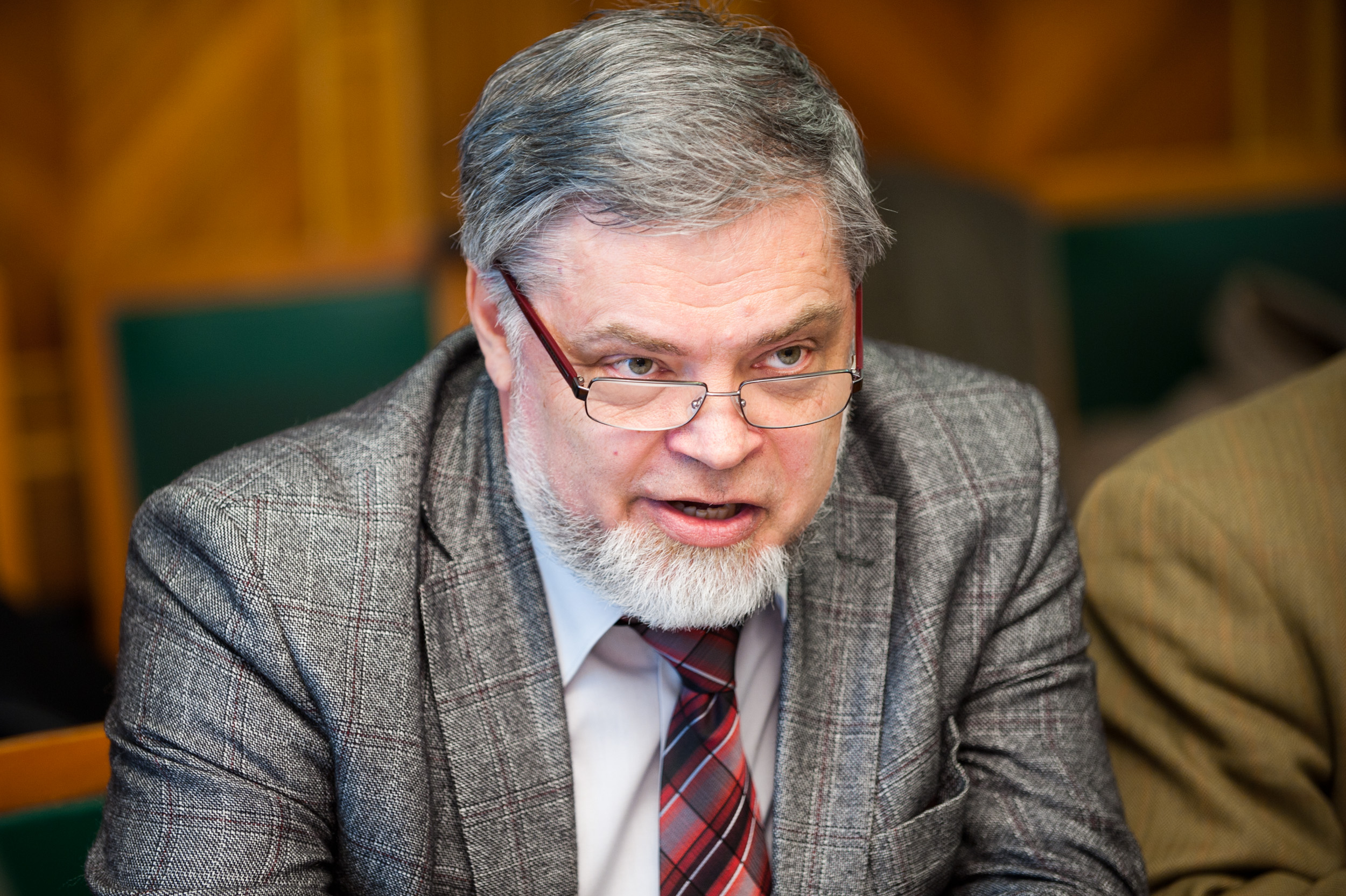HSE Faculty of Economic Sciences Co-Authors Intercontinental Monograph

The monograph Russian and Western Economic Thought has been published under the editorship of the HSE Faculty of Economic Sciences and the University of Hohenheim, Stuttgart (Germany). Written by a selection of respected experts, the monograph examines the interrelations and mutual influence of Russian and Western economic thinking. The book is edited by Prof. Vladimir Avtonomov, HSE Faculty of Economic Sciences, and Prof. Harald Hagemann, the University of Hohenheim.
Vladimir Avtonomov outlines the main idea of the book thus: ‘It so happens that economic ideas come to Russia from the West. Once in Russia, they are developed and modified to better reflect the specific Russian circumstances. These modified ideas then influence the next generation of Western economists.’ Among these ‘specific Russian circumstances’, the authors mention social and religious factors specific to Russian thought (particularly in the nineteenth century), attention to the peasant question, serfdom in Russia, the increased influence of Marxism, the development of mathematics and statistics, and the unique experience of building a planned economy.

The idea of exploring the mutual influence of Russian and Western economic thought first took shape in the form of the Russian Journal of Economics. The release was prepared by HSE researchers (Vladimir Avtonomov, Denis Melnik, Natalia Makasheva) and Western historians of economic thought (Harald Hagemann, François Allisson). It was so successful that the authors decided to expand it with other examples of cultural interaction. As a result, the intercontinental monograph was published.
Vladimir Avtonomov wrote the foreword and the chapter about Nikolai Chernyshevsky (who influenced Karl Marx and, in turn, was influenced by August von Haxthausen) and Andrei Storch. François Allisson (Switzerland) wrote about Mikhail Tugan-Baranovsky. Austrian economists Christian Gehrke and Heinz Kurz examined the legacy of Vladimir Dmitriev, Vladislav Bortkevich, and Georgi Artemovich (Georg von) Kharazov and the special role of Bortkevich in spreading Russian ideas in the West.
Nikolay Nenovsky (Bulgaria) and Günter Chaloupek (Austria) wrote about Peter Struve. The chapter on Vladimir Bazarov and Alexander Bogdanov was written by HSE graduate student Elizaveta Burina, who is preparing her PhD thesis for Paris I University. Denis Melnik completed the collection with a story about Vladimir Lenin and the few years when Lenin was involved in science and development economics.
Jean-Sébastien Lenfant (France) wrote about Evgeny Slutsky. Prof. Hagemann talked about Grigory Feldman and his macroeconomic model. Carol Scott Leonard, who used to work for HSE University and is now working in the UK, wrote a chapter about Alexander Chayanov, and Natalia Makasheva wrote a chapter on Nikolai Kondratiev. Jacob Marschak's journey from Russian revolutionary to President of the American Economic Association has been described by Prof. Hagemann and Canadian economist Robert Dimand.
Moshe Syrquin (University of Miami) wrote about Simon Kuznets. Andrei Belykh (St Petersburg) wrote about Alexander Gerschenkron and his economic backwardness syndrome. Prof. Hagemann added details about Wassily Leontief's understudied German period in Russia. John King (Australia) wrote about Paul Baran, while Mauro Boianovsky (Brazil) wrote about Evsey Domar. The chapter about Leonid Kantorovich was completed by Michael Ellman.
Vladimir Avtonomov noted that foreign researchers, including well-known ones, have shown a great interest in Russian economists. He underlined that many economists who wrote in Russian and are mentioned in the monograph were born in Ukraine, Belarus, and other countries and had different perceptions of their national identity. All these issues are presented accurately and openly in their biographies.
‘I received a lot of letters from the participants, who were satisfied with the way the book shows that Russian thought and Western thought are one single whole; they enrich each other, they are in a constructive dialogue, and this is the natural state of countries and cultures,’ Vladimir Avtonomov concluded.
